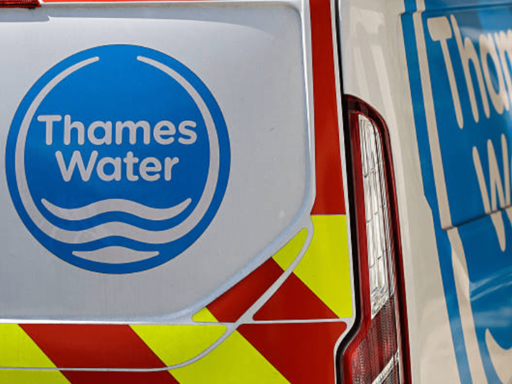The creditors tasked with avoiding Thames Water going into government administration have made an alarming admission. Under their current plans to tackle the unholy mess at the company, they do not expect to fully comply with pollution rules for another 15 years.
According to the creditors, their plan will not be completed until at least 2035-2040. And, when the likes of Thames Water give a deadline to the public, you can rest assured that they won’t meet it in time.
Practically, that means that many areas presided over by Thames Water will continue to have sewage levels above the legal limit for at least a decade.
Thames Water or Thames Sewage
And, as the Guardian reported, the creditors are somehow seeking yet more leniency on repayment of fines:
They will argue for further leniency on fines from the regulator, Ofwat, during that period, and that it will be impossible for the company to make upgrades across London and south-east England more quickly because of the scale of the work needed after years of neglect.
It’s funny that suddenly when it’s a company in need of bailing out, having broken the law and pissed off their regulator, suddenly it’s time for leniency and forgiveness. And by ‘funny’ we mean ‘a fundamental cog of neoliberal capitalism that protects shareholders and punishes everybody else.’
If the creditors plan does not receive approval, then the other option facing Thames Water is a special administration regime. The Guardian explained that with such a plan:
the water company would come under temporary government control to impose debt write-offs and find a buyer. The government has been keen to avoid SAR, claiming that it would cost too much – although any costs would be recouped in the eventual sale – and fearing calls for permanent nationalisation from MPs.
Avoid at all costs
However, Thames Water are desperate to avoid nationalisation at any costs. Creditors are looking to write off over a quarter of the company’s almost £20 billion debt. And, they’ve just pledged an extra £1 billion of investment to shore up their plan.
Of course, if they were nationalised all those investments would be wiped out. And we can’t have shareholders going empty-handed, can we?
Despite what creditors and investors may want, there are increasingly more robust calls for the company to be nationalised. Campaign group We Own It said:
The largest stake in Thames Water is owned by a Canadian pension fund. Other shareholders include companies owned by the governments of Kuwait, Abu Dhabi and China.
The government’s priority should be protecting the public from the mess caused by these financial institutions. Protecting billpayers and protecting our water and our rivers.
Featured image via the Canary
From Canary via this RSS feed


